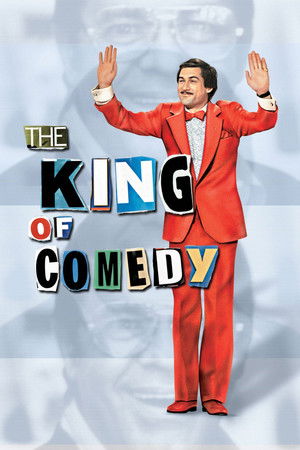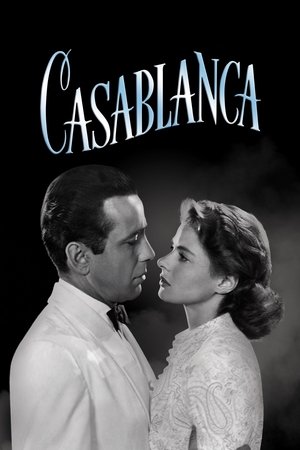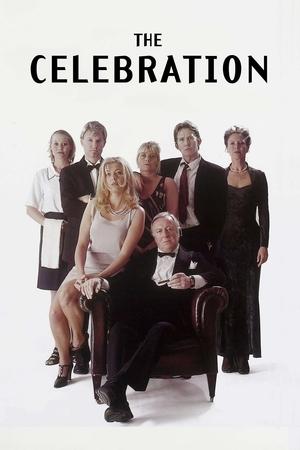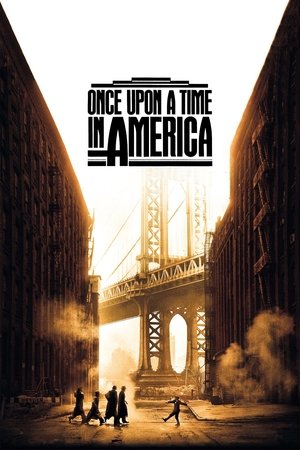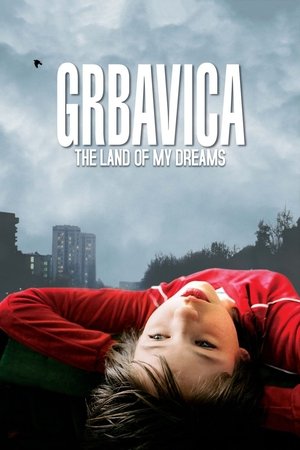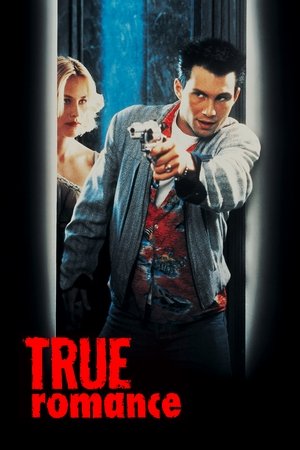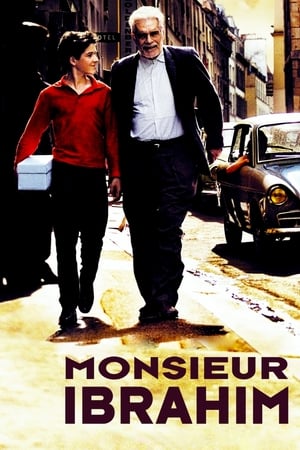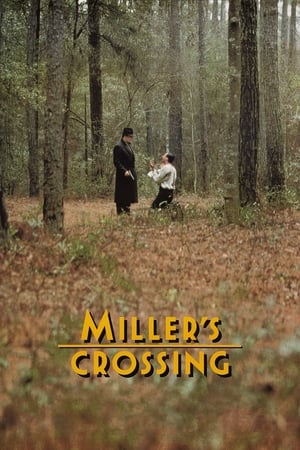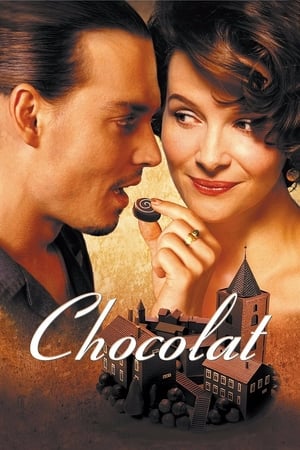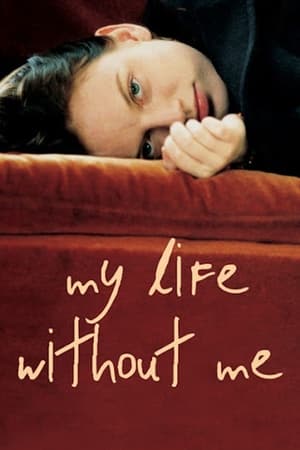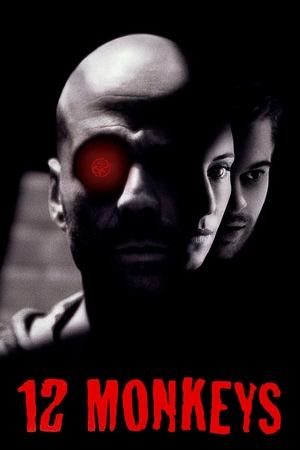Overview
In this loose adaptation of "Hamlet," illegitimate son Kôichi Nishi climbs to a high position within a Japanese corporation and marries the crippled daughter of company vice president Iwabuchi. At the reception, the wedding cake is a replica of their corporate headquarters, but an aspect of the design reminds the party of the hushed-up death of Nishi's father. It is then that Nishi unleashes his plan to avenge his father's death.
Reviews
We start with the sight of a group of journalists at a wedding. The daughter of an industrialist is marrying the son of another. Nothing new here until, that is, an extra wedding cake is wheeled into the reception shaped just like an office block. Sticking out of a seventh floor window is a rose. We are quickly told that symbolises the window from which the groom's father committed suicide. Shortly afterwards, two senior executives are arrested after a ¥12 billion deal is suspected of being a bit fishy. Neither executive will talk to the prosecutors so one is released and the other released and re-arrested. The latter man takes the hint and falls foul of a passing lorry! Could the events of years ago be coming back to haunt those responsible? It certainly has shades of Shakespeare's "Hamlet" to it, but this isn't one of my favourite Kurosawa films. Despite being almost 2¼ hours long I felt the characterisations rather under-developed. The always reliable Toshirô Mifune is the groom ("Nishi") and for a while there is a strong dynamic between him and the star of the film, for me anyway, Kô Nishimura ("Shirai). This latter man is complicit in the double dealings and is quite literally scared into helping "Nishi" expose the culprits and activities that caused his misery. The rest of the acting here is not up to the usual standard, though. There is a great deal of dialogue and in this case that slows the pace down and creates a sense of almost the ennui around the middle third of the film - just as the plot ought to be thickening. The denouement is also rather underwhelming - though, I suppose entirely plausible and totally consistent with the ethos of the title (and the source play), but I still left this screening just a bit disappointed.

 150 min
150 min
 7.7
7.7
 1960
1960
 Japan
Japan
 CinemaSerf wrote:
CinemaSerf wrote: